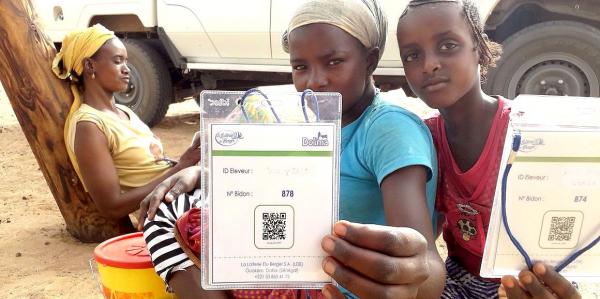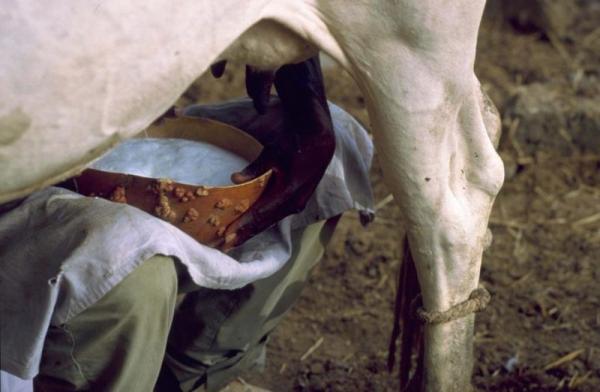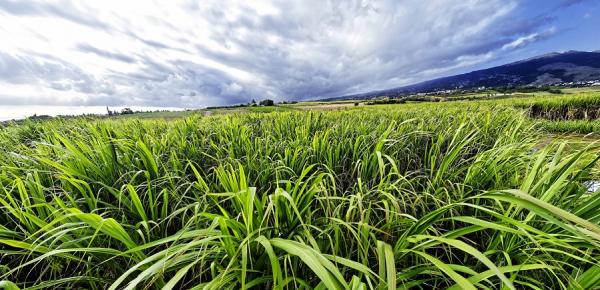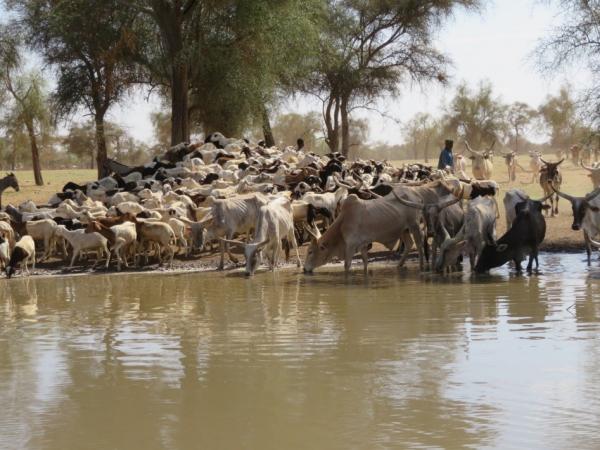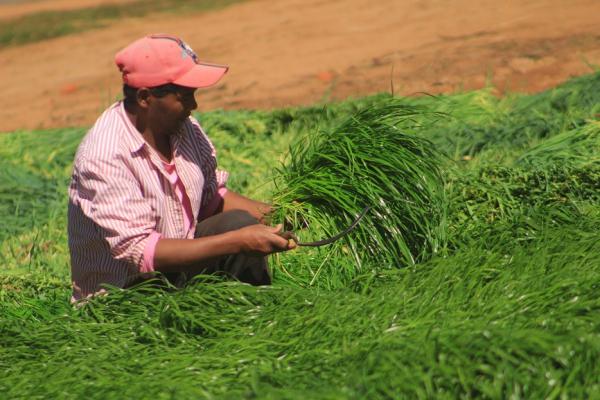Institutional news 2 October 2024
- Home
- Our activities, our impact
- Tropical value chains
- Dairy

Dairy
Our remits
- Characterizing the multi-functionality of dairy production systems by assessing the environmental and social services provided by livestock production, in addition to its economic role.
- Developing multi-criteria indicators of the sustainability of livestock farms, tailored to every context; talking to local stakeholders about the "threshold" values that should not be exceeded, in order to steer policy and good practice.
- Supporting the development of innovative technical systems, in liaison with local professional organizations and processing firms.
- Characterizing the range of expertise, genetic resources and products.
- Redefining the role of the State and local government services in applying standards, controlling land tenure and managing territories.
- Characterizing the main health risks associated with dairy farming and dairy product consumption.
- Supporting the development and monitoring of equitable, sustainable certification schemes.
Appraisals
- Feasibility studies
- Public policy support
- Agroenvironmental impact studies
- Foresight studies, surveys, diagnoses, technical support
- Design and management of R&D projects in partnership
- Laboratory analyses.
Expertise
- Multi-criteria analyses of the sustainability of livestock production systems
- Assessment of the environmental efficiency of livestock production activities
- Analyses of value chains and their sustainability
- Territorial development analyses
- Geography of the flows linked to livestock production.
Training
Training courses are organized regularly: "Livestock production" Masters in Montpellier, participation in overseas Masters courses, etc.


























